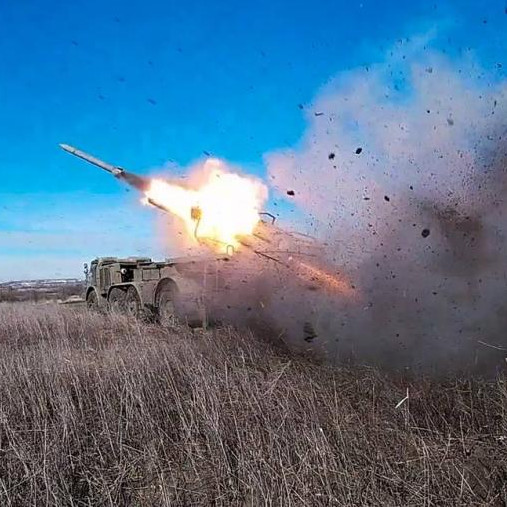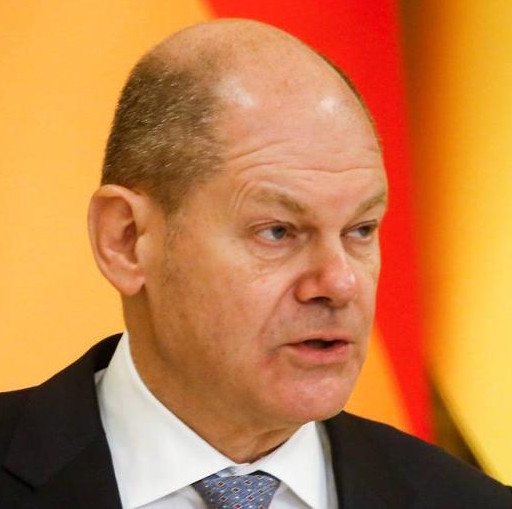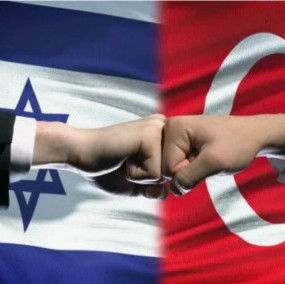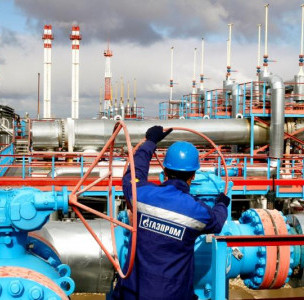These changes are inevitable, because they are vital for Russia - in conditions of demographic decline, depopulation, especially in the eastern sparsely populated regions, inevitable aging of the population.
These demographic processes are taking place in the context of an open market economy, its integration into the global economy and open borders. The growing demand for labor, for a simple population, can be satisfied only by migrants from abroad.
As a result, Russia is inevitably becoming a country of migrants. This is a completely new and unknown state for the Russian society to which it is not psychologically ready, especially in those regions, where internal migration was not very widespread. Ideologically, institutionally and legally the state is not ready either – there are neither habits, nor steady routine bureaucratic practices, nor a system of established institutions, nor a full-fledged legal basis (from internally consistent laws to clear and precise departmental regulations). It is necessary to be prepared for this state in advance, analyzing all the problems and threats that have already occurred or will inevitably occur. This can and should be done on the example of those countries (first of all the Western Europe), which had embarked on this path.
Representatives of ethnic minority migrants (or those who were regarded as such) had been implicitly treated as a group; right now it becomes massive and open, particularly at the official level. This attitude may have neutral, negative or positive overtones, but in any case it makes the migrants themselves consolidate, or at least, consider themselves as such as well.
A component of radical changes of the post-Soviet period was the formation of a totally new migratory situation. One of its main features is the rapid growth of cross-border migration flows. It was facilitated by the market transformation of the economy, open borders and freedom of movement. Here two aspects of the problem should be marked out.
The first one - a part of the former internal migrations automatically became cross-border with the breakup of the Soviet Union. Yesterday's compatriots have transformed into “citizens of near-abroad countries” with a principally new status and set of problems (economic, cultural, and legal). An acute problem has arisen related to the maintenance of ties with motherland, which turned out “near” if “abroad”. This problem now requires greater efforts, best of all – collective ones. The same applies to the problems of status, protection of economic rights, preservation of language and culture, etc. At home violent processes of “national revival” are going on; the construction of new statehood often takes place on the ethnocratic basis.
The human and material resources of migrant communities are considered there as important factors in this construction and in the struggle for power. Therefore, mother countries exert every effort for the consolidation of compatriots in Russia - as a rule, on a national basis. The number of migrants from the near abroad is dramatically increasing; the type of a migrant, his motivation system, image and style of life, adaptive capacity and resources are changing too. A migrant of this wave and type is much more in need of a group support system, a network of kinship clan and ethnic groups.
The second aspect. Migration flows from the old countries are being headily formed. They are mainly labor migrations. And here migrants from China become the most important for Russia in whole and for its eastern region in particular. They have already become a necessary element of the emerging market economy. For many reasons, migration flows from China will grow in the future. Chinese labor migrants demonstrate a corporate, community-based model of behavior and integration in the host society.
It is already clear that this is a long-term trend; Russia really becomes a recipient country. It is also clear that it can not be an isolated phenomenon; huge changes are inevitable in all aspects of the host society’s life. And although we are only at the initial stage of the process, many consequences have already revealed themselves quite clearly.
All of these factors radically increase the structure-forming value of ethnicity, national identity; they provide a powerful impetus to the construction of diaspora. Structures and ethnicity-based networks which had existed before, are spreading out, their value as a resource for survival, business and social success is qualitatively changing.
The matter is not restricted to these quantitative changes, although in some cases, the quantitative growth has already brought to qualitative changes. Mental growth is taking place. Both new migrants and old-timers began to feel a group, in some situations to behave as members of the group, forming a network of ethnicity-based ties and relationships.
On the assumption of such understanding, we can speak about diaspora as a new element of social life. A radical shift occurs - from the presence of ethnic minorities’ representatives to their structuring, formation of communities with their institutions, designation of collective goals by activists, seeking areas of their activities.









